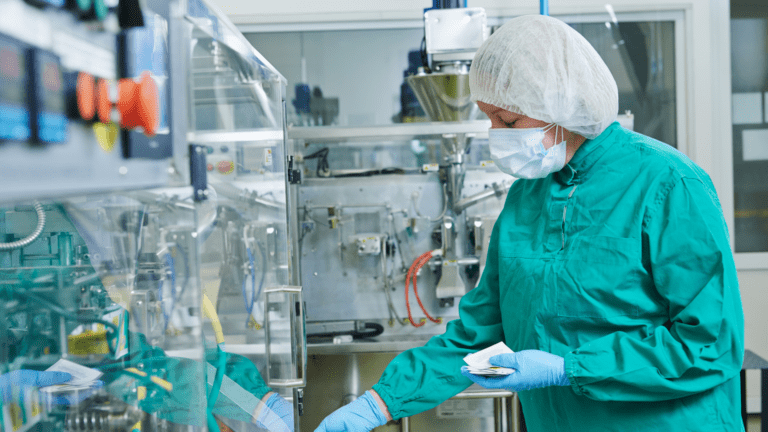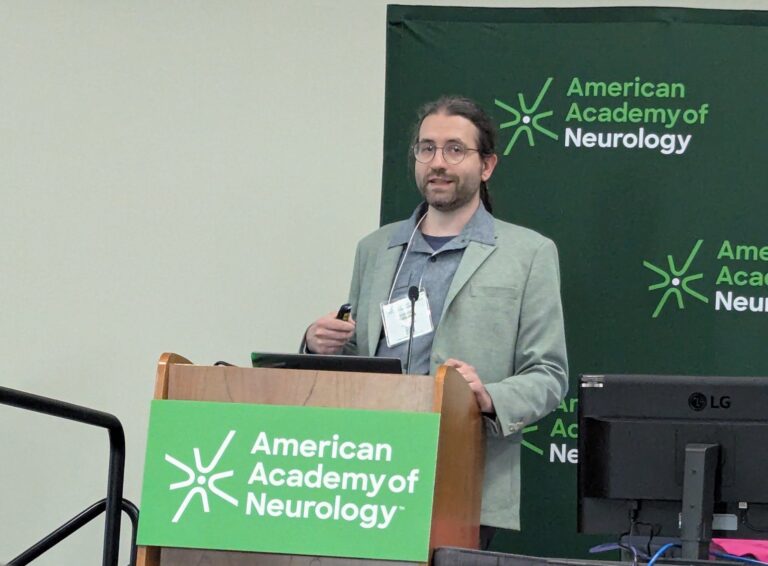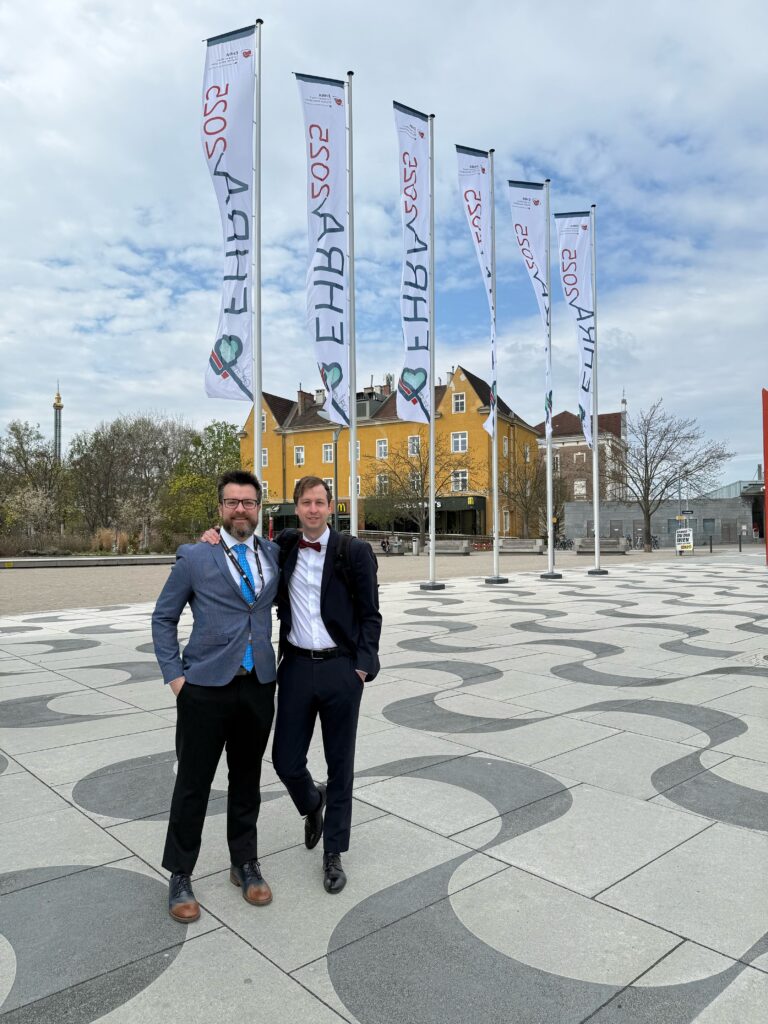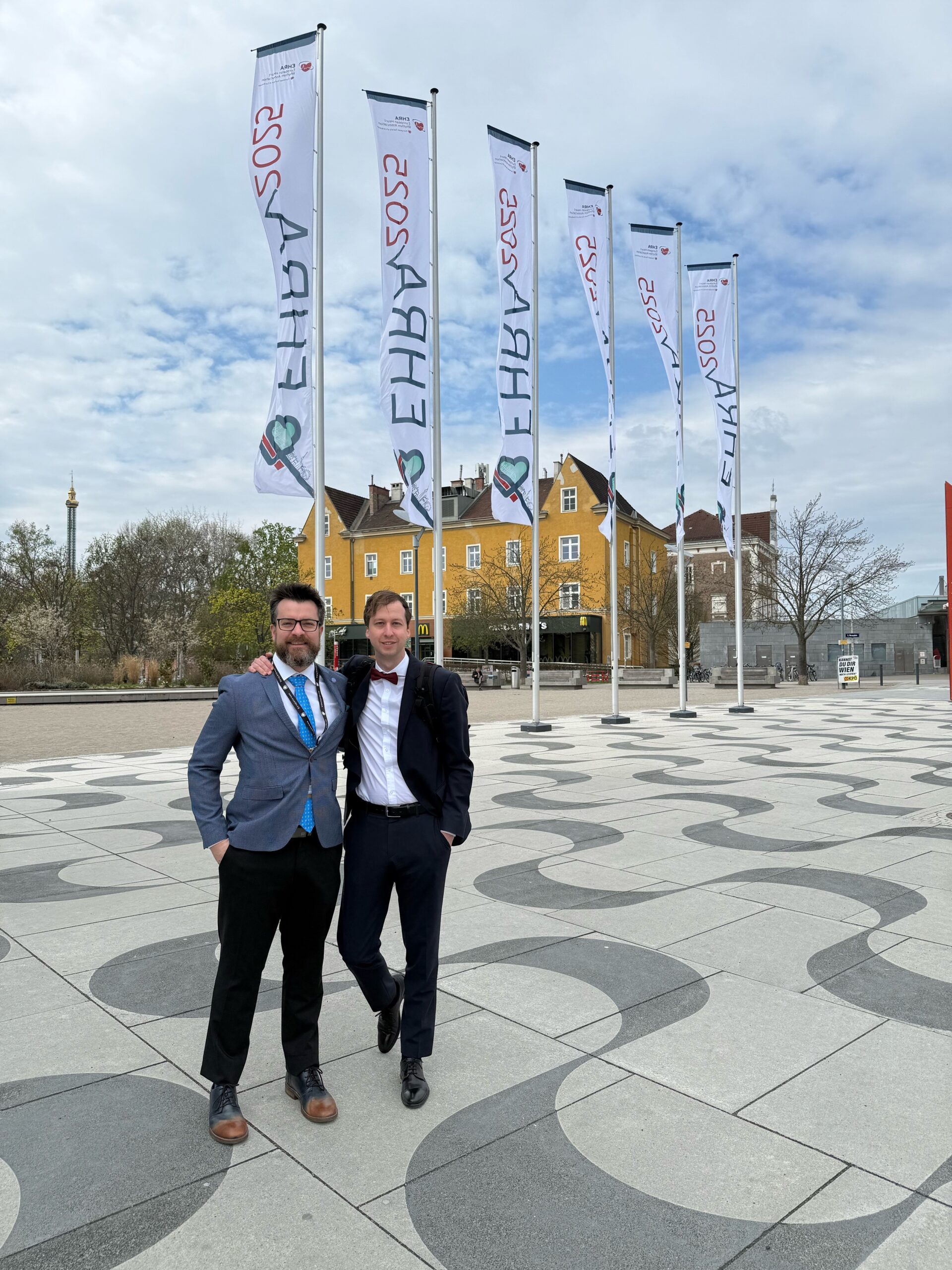Around 100 medical professionals recently gathered for the 25th edition of the Arrhythmia Update conference (AU24*) presented by PHRI on February 15th and 16th in Whistler, British Columbia.

Jeff Healey
Under the guidance of PHRI Senior Scientist Jeff Healey and a distinguished team of professionals, this conference brought together global experts in cardiology and electrophysiology to discuss the latest scientific advancements and expert opinions in arrhythmia management. The agenda included evaluating recent evidence and innovations in heart rhythm disorders, describing the applications of pharmacotherapies, interventions, and various devices in clinical practice, and recognizing clinically significant symptoms and electrocardiogram (ECG) findings to enhance diagnostic expertise.
The event facilitated engaging sessions and interactive discussions, allowing attendees to learn from leading professionals and network with peers.
During the conference, Healey shared latest findings from the ARTESiA trial recently published in the NEJM journal. Healey presented key findings, offering insights into the trial’s implications for patients with implanted pacemakers, defibrillators, or cardiac monitors, particularly those with additional risk factors for stroke.

Richard Whitlock
Addressing occlusion of the left atrial appendage, Healey and PHRI Scientist Richard Whitlock shared insights from the significant 2021 PHRI trial, LAAOS-III, published in The New England Journal of Medicine. The trial demonstrated that surgically closing the left atrial appendage during open-heart surgery reduced strokes on top of anticoagulant therapy.
PHRI continues to lead research to reduce stroke risk in patients with atrial fibrillation (AF) using pharmacotherapies, interventions, and various devices in clinical practice.
The LAAOS-4 trial, another global effort led by PHRI and based on the findings of LAAOS-III, is currently underway. The first participant in LAAOS-4 recently underwent the implantation of a left atrial appendage closure device. According to Healey, “LAAOS-4 is looking at a new way to prevent strokes in atrial fibrillation patients by combining both mechanical and medical approaches.”
This trial involves over 240 centers in 12 countries, with an expected 4000 participants. Enrollment is slated to continue for an additional two years.
*AU24 is an Accredited Group Learning Activity (Section 1) as defined by the Maintenance of Certification Program of the Royal College of Physicians and Surgeons of Canada and approved by McMaster University Continuing Professional Development Program.

Healey presenting the findings of the ARTESiA trial

Whitlock presenting about the LAAOS III trial




